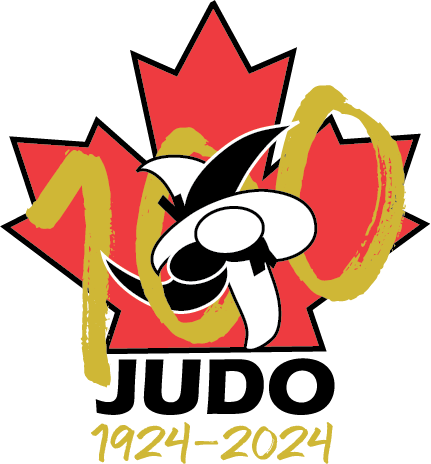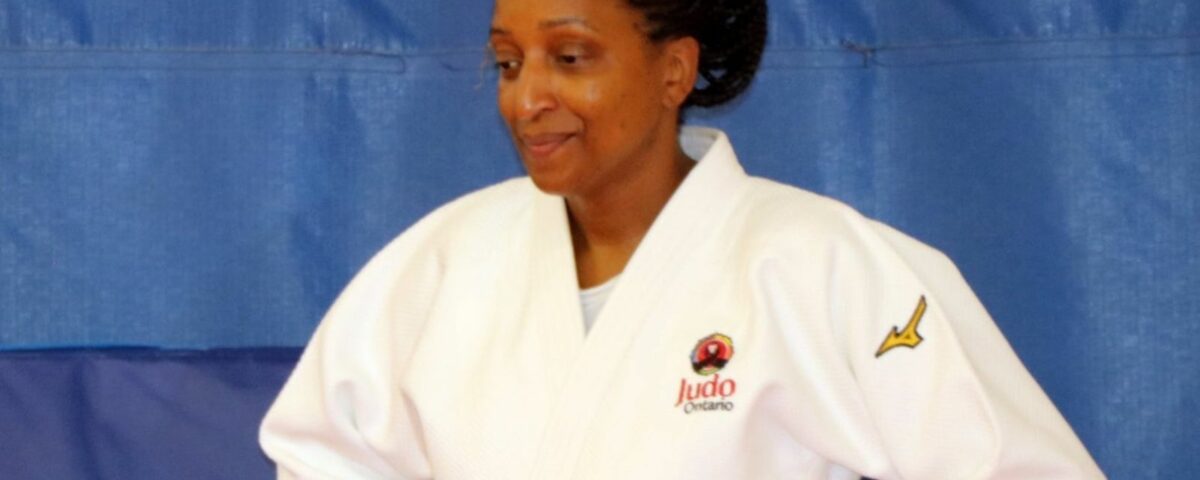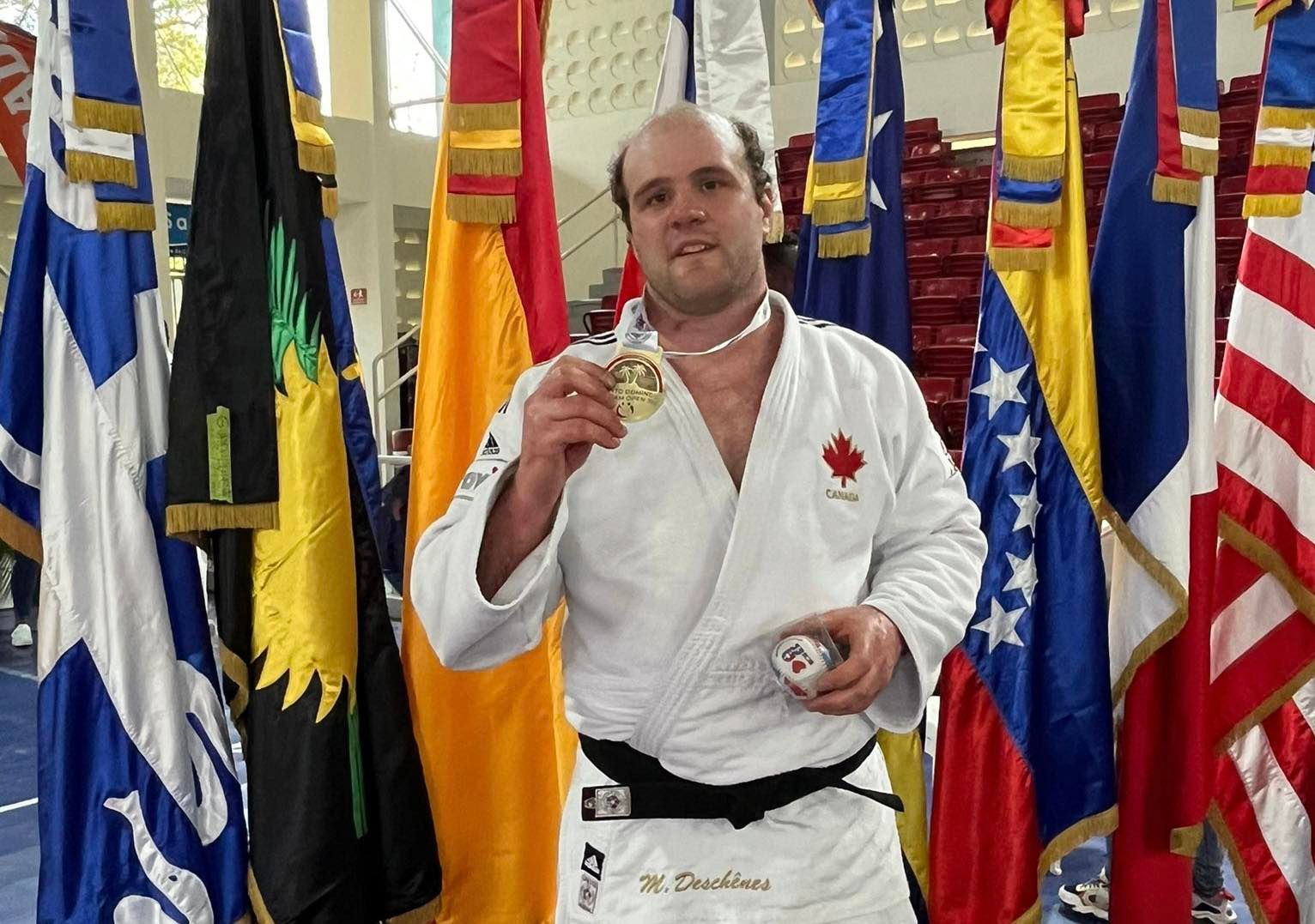
Marc Deschênes breezes to the top of the podium
24 April 2023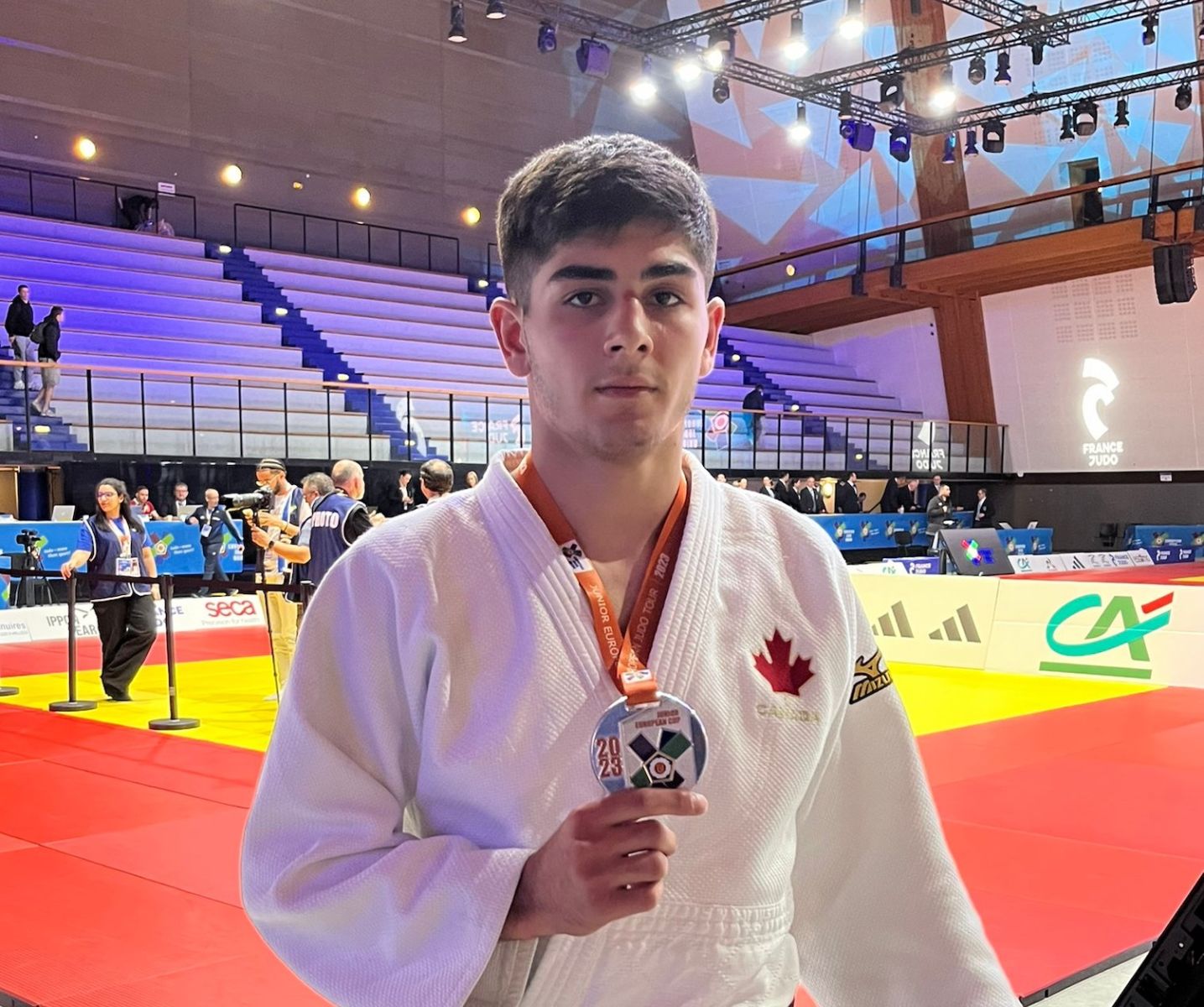
Lasha Tsatsalashvili earns silver in Paris
7 May 2023In various forms, judo has been a major part of Carline Young’s life since she was four years old. Nowadays, the Ontarian would like to see her favourite sport make its way into the lives of athletes all across Canada.
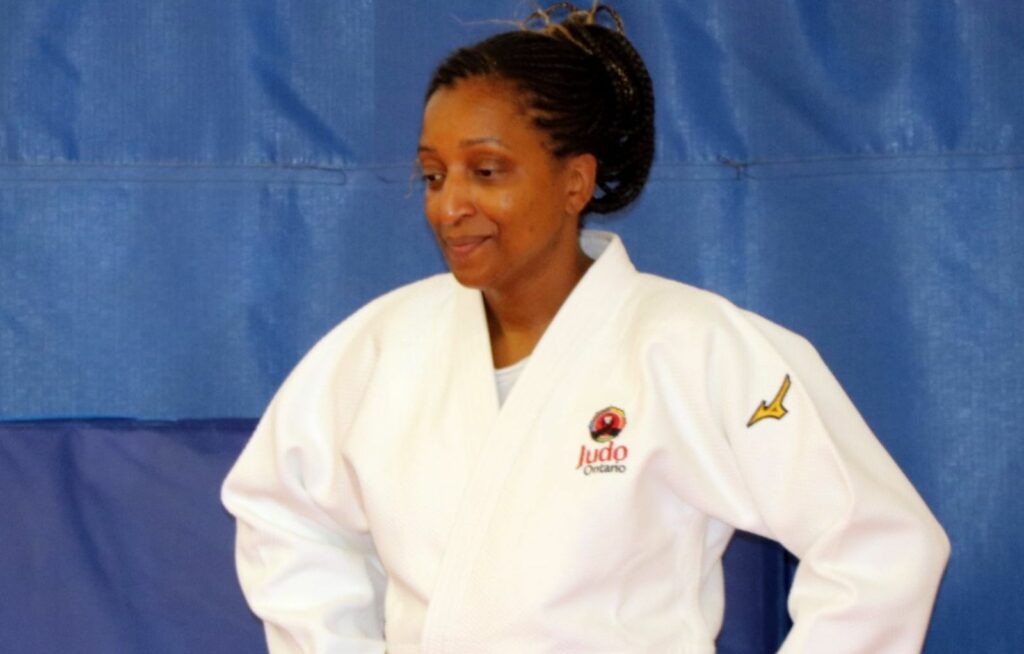
“I had to make a difficult decision, knowing that I would return to competition someday, depending on my ability to do so,” said Young, who believes in giving back to the sport she grew up with. “There’s a full-circle effect [in judo] that I love. For example, right now I’m teaching the grandchild of my first sensei, whom I started with when I was four years old!”
Over the years, Young has led a variety of activities, primarily for female athletes, who often quit judo between the ages of 12 and 17. A more combat-focused program was launched in 2017, followed by a program in 2019 that paired judo with gymnastics. The two disciplines complement each other well, according to the mastermind behind the project.
Although the activities came to a halt during the pandemic, Young’s motivation was not dampened. Each week, she led virtual training and discussion sessions with Ontario judokas of all ages.
“If we can keep them in judo past their teens, then we’ve got a judoka for life,” believes Young, who has since recommenced her weekly sessions in person—Friday sessions for veterans and Saturday sessions for all.
Her goal now is to encourage participants to remain in the sport by showing them all the ways they can do so. Her programs, which are adjusted to each group each week, combine sparring with analysis and refereeing.
She hopes to build a bridge between the occupations in order to develop a new generation of officials.
“I think there’s a big divide, and we need to narrow it. Athletes will never become referees if they’re not exposed to the occupation,” she explains.
“Not every judoka will become a Catherine Beauchemin-Pinard or a Jessica Klimkait,” she added. “There are so many different options available! I teach them about officiating and coaching and all the aspects of judo early on, so that they become familiar with them and develop an interest. It’s important to keep them in the sport.”
Return to competition
Carline Young took up competing again a few years before the pandemic. In 2016, at her first competition in over twenty years, she won a bronze medal at the Veterans’ World Championships in the U.S. Two years later, she won gold in Mexico.
“I was so nervous when I started competing again! I couldn’t risk injuring myself; I had to take care of my kids!” she recalls, laughing.
“I feel like I still have another world championships left in me. My involvement motivates me to keep going. It motivates others, too. They see that as a coach, I’m still competing, so they know I understand what they’re going through, and I can serve as a role model.”
With so much on her plate, Young has put her Dan grades on the backburner for now, but she doesn’t mind. Her main priority will always be the development of Canadian judo. Over the years, she has seen the sport grow in many ways, especially for women. At the dojo with her family and friends, she aims to focus her efforts on that aspect.
“The camaraderie and respect in judo are very powerful. Judo is a big part of my life! I don’t want to see it decline in Canada, and that’s why I plan to give back in any way that I can.”



